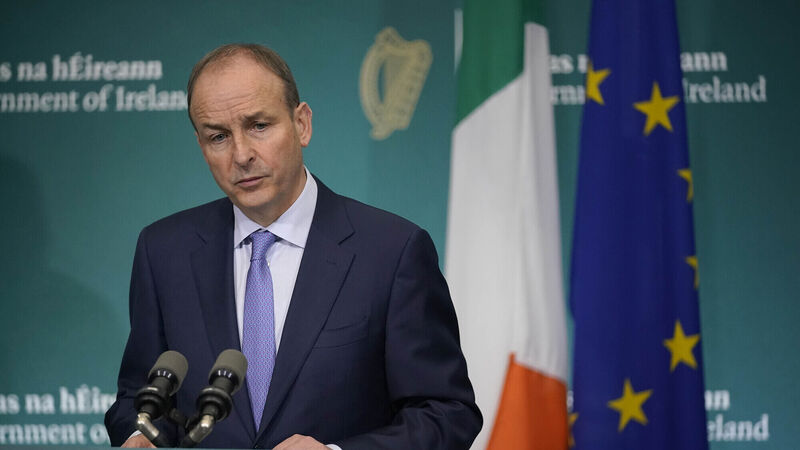Micheál Martin orders departments to make contingencies for Russia crisis

Taoiseach Micheál Martin. File picture
Taoiseach Micheál Martin has ordered all Government departments to develop plans to cope with the fallout of the Russian crisis, particularly on the cost of living.
He warned that the imposition of sanctions will have a negative impact on the cost of living.














